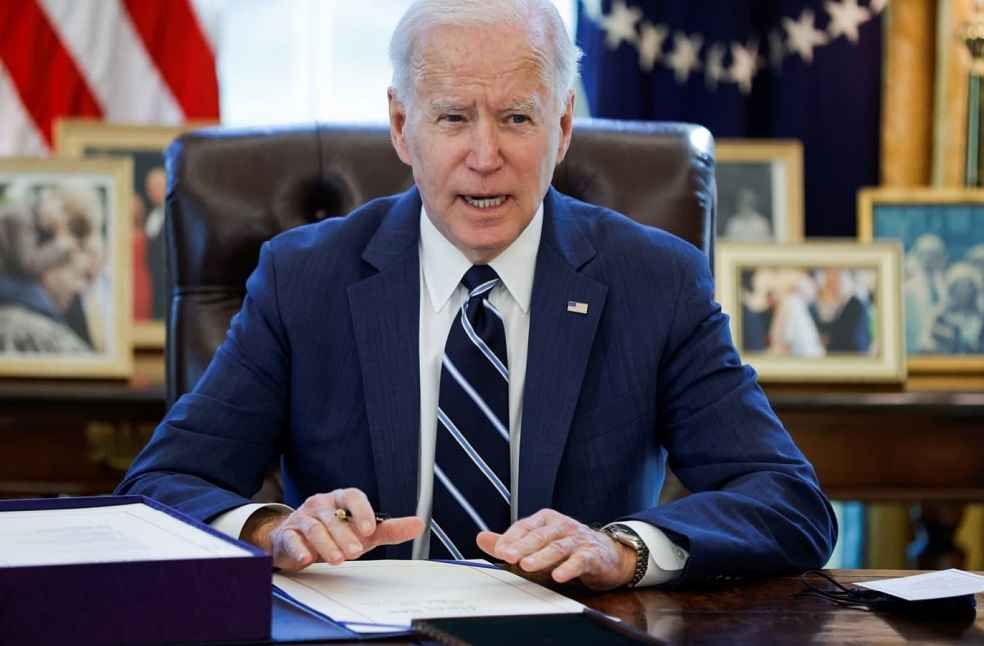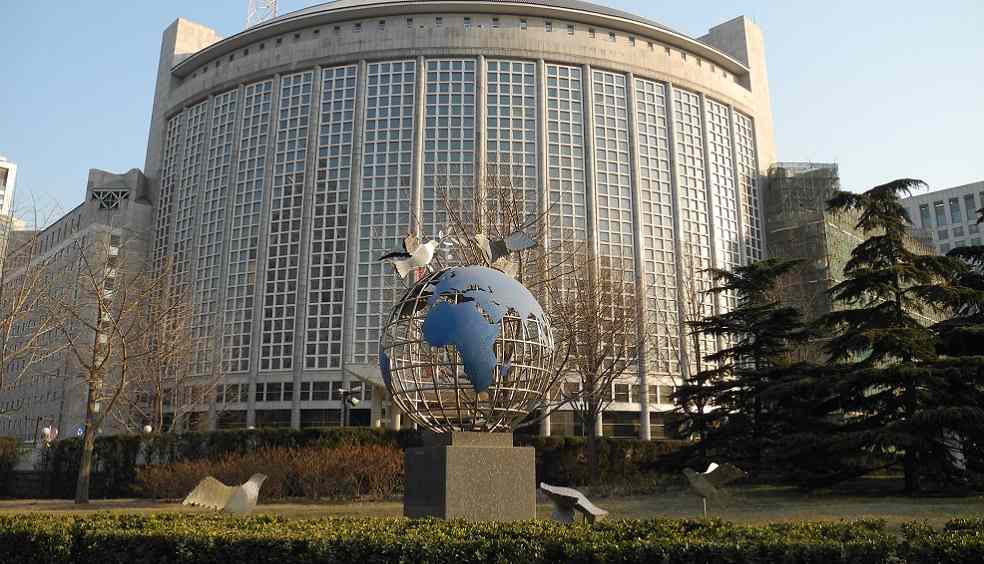China has swiftly responded to a newly announced US tech curbs, emphasizing potential threats to global supply chains and international harmony. The Biden administration’s decision to restrict investments in high-tech Chinese sectors elicited immediate criticism from Beijing.
US President Joe Biden’s recent executive order directed the Treasury Department to limit specific US engagements in advanced Chinese sectors like semiconductors, quantum computing, and artificial intelligence. This strategy reflects the administration’s intensified efforts to bolster its position against China across military, economic, and technological arenas.
Reacting to this announcement, China’s foreign ministry accused the US of attempting to stymie global integration by championing “anti-globalization and de-sinicization” stances. A statement from an anonymous foreign ministry spokesperson conveyed Beijing’s strong opposition and dissatisfaction, mentioning that China has raised formal concerns with the US.

Simultaneously, the Chinese commerce ministry expressed its apprehensions, highlighting that Biden’s order stands at odds with principles of market dynamics and fair competition that the US has traditionally embraced. The ministry’s stance underscores that such moves not only distort the international trade paradigm but also jeopardize the stability of global industrial and supply chains.
The commerce ministry subtly signaled China’s readiness to consider counteractions, stopping short of revealing specific plans.
Adding a layer of complexity, Chinese tech giants like Alibaba, Baidu, Bytedance, and Tencent have reportedly procured California-based Nvidia chips valued at $5 billion. These chips, crucial for advanced artificial intelligence operations, indicate concerns about impending US export restrictions.

A Baidu insider articulated the significance of the Nvidia chips, stating, “Without these Nvidia chips, we can’t pursue the training for any large language model.”
As global observers gauge the ramifications of this situation, China’s expectations remain clear. They hope for a collaborative stance from the US, prioritizing global economic growth and seamless trade exchanges.
LATEST NEWS | India and US Settle Trade Dispute: Global Commerce Takes a Leap


